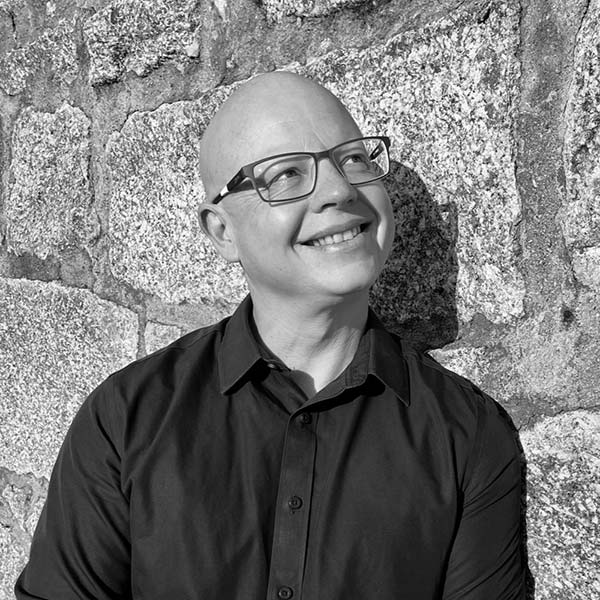In 2007, the world changed. Not with a bang, but with a keynote.
Steve Jobs stepped on stage and pulled a small black rectangle out of his jeans. The iPhone didn’t just launch a new product. It triggered the death spiral of an entire category.
Within a few short years, Blackberry was dead in the water.
If you haven't already watched it, check out the film BlackBerry by Matt Johnson. It's a funny but ultimately tragic tale of how a company with a virtually unassailable lead in the mobile market was derailed by the competition.
So what killed it?
It wasn’t poor engineering or even bad marketing. Blackberry was caught flat-footed by a complete shift in user behaviour. The keyboard, once its crown jewel, became an anchor. The way people interacted with technology had changed overnight, and Blackberry couldn’t (or wouldn’t) adapt in time.
I think we’re standing on the edge of a similar moment now. But this time, the target isn’t a phone manufacturer. It’s the biggest advertising company on the planet. Google.
Search Is Evolving — Everywhere, All at Once
I feel like we are rapidly approaching a singularity-like event for search.
I know we have been discussing it for years. The death of SEO. Zero-click searches, voice assistants, featured snippets, declining organic traffic. But those were tremors. Now, we’re starting to feel a full blown earthquake.
Google's own Search Generative Experience (SGE) has been steadily cannibalising its traditional set of blue links and their experimental AI mode has just been rolled out to users in the US. ChatGPT and Perplexity can already answer most top-of-funnel queries better than any blog post. Amazon is rebuilding Alexa with a generative brain.
And the most dangerous of all? OpenAI is working with Jony Ive, to build a range of hardware devices that could sidestep the entire search interface altogether.
This isn’t just a UX upgrade. This could be an extinction level event.
Screens Are Becoming Optional
When you remove the screen, you remove the search engine. What does it mean to "rank" in a world where there are no pages to rank on? In a voice-first, AI-curated environment, the SEO playbook we all know isn’t just outdated — it's irrelevant.
Just as Blackberry couldn’t fathom a world without physical keyboards, many marketers can't yet fathom a world without the SERP. But ask a teenager how they find information today, and you won’t hear the word "Google." You’ll hear "TikTok," "ChatGPT," or just "I asked Siri."
The attention graph is fragmenting. Search is becoming ambient. The interface is fading into the background. And if Google loses its place as the first destination, its entire model crumbles. That $264 billion dollar ad business? It's essentially built on an interaction model that might not survive the next few years.
What Comes After Search?
We’re not just witnessing a technological shift. We’re witnessing the beginning of a paradigm collapse.
When language models and voice assistants become the interface, content isn't discovered — it's delivered. The AI doesn't send traffic to your site. It absorbs your content, distils it, and speaks to the person asking the question.
And that leads to uncomfortable questions:
- If AI gives the answer, who gets the credit?
- If there's no click, how do you measure success?
- If your brand isn't being cited, does it even exist in this new layer?
- Do you even want AI to crawl/steal your content?
These aren’t fringe concerns. They’re existential. And they're coming faster than most in the industry are willing to admit.
It's also hard to keep pace with the pace of change. Personally I've never encountered a period with so much technology change in such a short space of time.
And, it's accelerating.
This is why I think we are approaching a singularity-like event in search marketing. I'm not sure it's even possible to see what digital marketing looks like beyond 2030.
Just like Blackberry, Google won't disappear overnight. But history rarely waits for incumbents to catch up. It rewards those who see the shift coming and move before the quake hits.
So the question isn't: "Will SEO survive?"
The question is: "Are you ready to market in a world where Google is no longer the default?"
